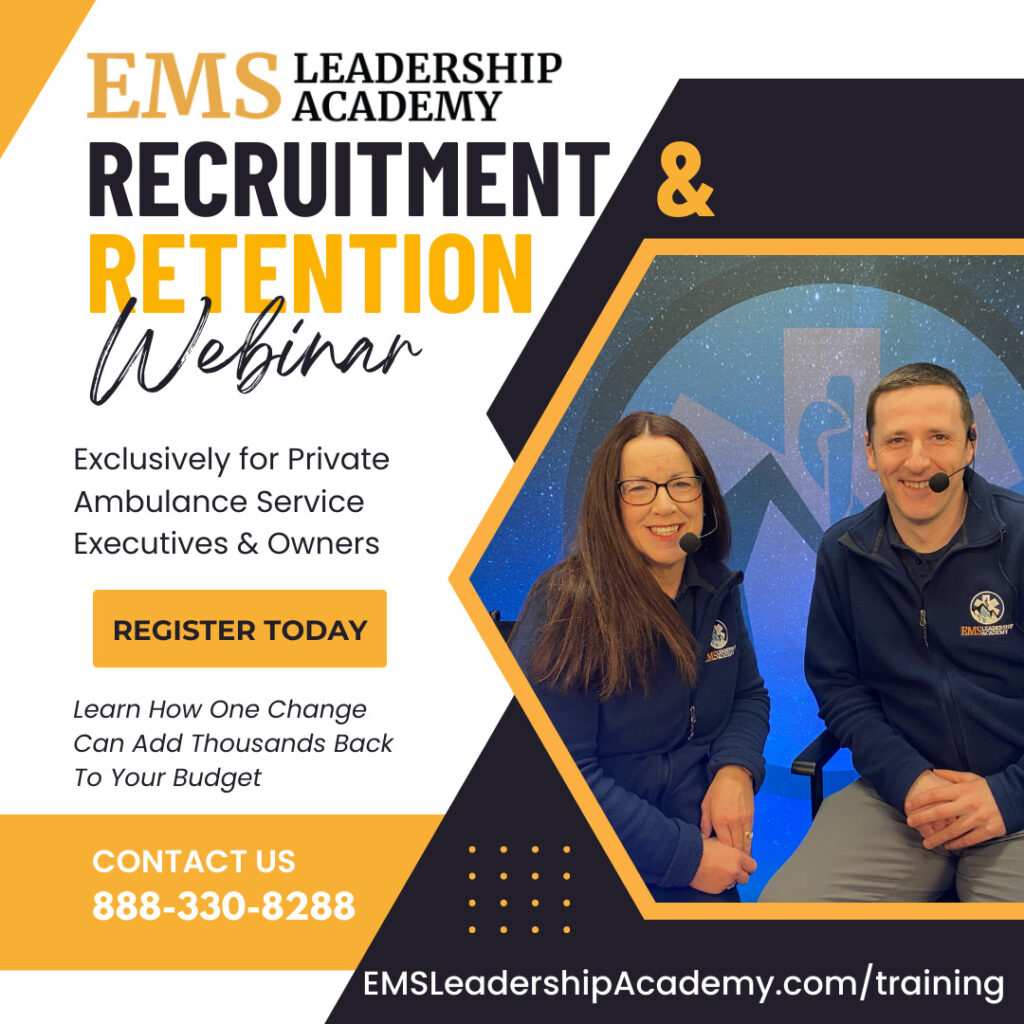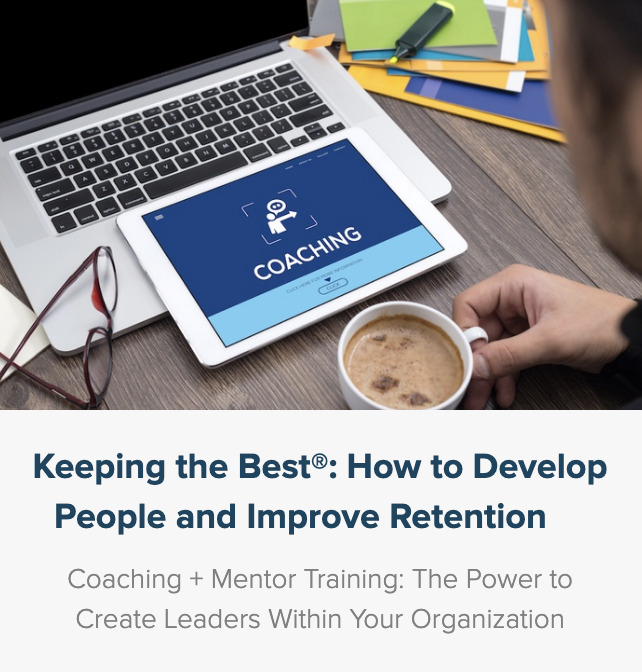 “That’s never going to work”,
“That’s never going to work”,
“We’ve tried that before”,
“The problem is…”
Does this sound familiar? Do your good ideas get shot down before you or others have a chance to finish a sentence? It only takes a few times before people start feeling unappreciated and develop an attitude of “Why bother?”.
Research has shown people and organizations have a natural tendency towards negative bias, the idea that a $20 loss will have a bigger effect than a $20 gain. Negative feedback (or perceived negative comments) typically stimulates the body’s sympathetic nervous system, the Fight or Flight response. When people are in this heightened state they are less likely to hear what you are saying and less likely to respond rationally — remember, they are under attack! Or at least that is what their brain is telling them.
Consider, we are always training the people around us how they should talk to us. Are you going to people with your problems, talking about what’s wrong or highlighting what they did wrong? How often are you in a conversation about what went well, what is possible or listening for their greatness?
Recently someone made the assertion that we tend to think of appreciation and gratitude as a zero-sum game. If we give out appreciation or recognition there will be less for us or others. Organizational leaders who operate in this way are in cultural a race to the bottom.
Combat negative bias with gratitude and build emotional resiliency
The producers of the video below used published cognitive and behavioral research studies on gratitude to demonstrate how expressing appreciation for others will improve the happiness of those around you and have an impact on your own happiness.
Warning: This video could bring out overwhelming emotions of happiness…
(don’t say we didn’t warn you)
Bottom line, take action.
It doesn’t cost you anything. Pick up the phone, stop someone in the hallway or send someone a message of your gratitude and appreciation. It could turn around their day, be the highlight of their week (or year) and YOU will be better off for it. Your organization will feel the ripple effect — remember, attitudes are contagious. Don’t trust me, the science proves it.
According to this Harvard Medical School article:
“Another leading researcher in this field, Dr. Martin E. P. Seligman, a psychologist at the University of Pennsylvania, tested the impact of various positive psychology interventions on 411 people, each compared with a control assignment of writing about early memories. When their week’s assignment was to write and personally deliver a letter of gratitude to someone who had never been properly thanked for his or her kindness, participants immediately exhibited a huge increase in happiness scores. This impact was greater than that from any other intervention, with benefits lasting for a month.”
You can also read our article, “A Shot of Vitamin H“, where we highlight how happiness can impact the culture of an organization.
We welcome your feedback. Did you show this video at a meeting with your leaders? Did you take on gratitude and get a surprising response? Share your results and comments below.



